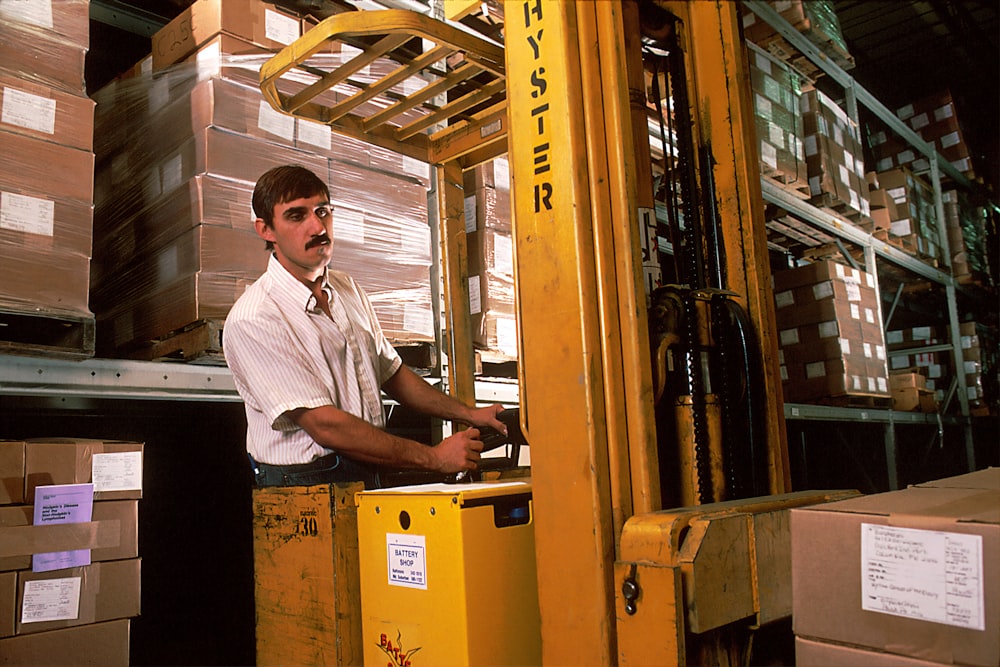Introduction
In recent years, there has been a surge in lawsuits filed against storage facilities across the country. From damage to theft, customers are increasingly holding these facilities accountable for various grievances. Let’s delve into the nuances of these lawsuits and explore the insights they offer.
Understanding the Legal Landscape
The legal landscape surrounding lawsuits against storage facilities is multifaceted. These cases often involve contract disputes, negligence claims, and property damage issues. Customers who rent storage units enter into agreements with these facilities, expecting their belongings to be safe and secure. When this trust is breached, legal action becomes a recourse for seeking justice.
Types of Lawsuits
Lawsuits against storage facilities can take various forms. One common type involves claims of negligence on the part of the facility. This may include failure to maintain adequate security measures, resulting in theft or vandalism of stored items. Other lawsuits may arise from breaches of contract, such as failure to uphold the terms outlined in the rental agreement.
Legal Considerations
When considering filing a lawsuit against a storage facility, several legal considerations come into play. It’s essential to review the terms of the rental agreement to understand the rights and responsibilities of both parties. Additionally, gathering evidence to support your claim, such as photographs of damaged property or witness statements, can strengthen your case.
Proving Liability
Proving liability in a lawsuit against a storage facility can be challenging but not impossible. To establish liability, plaintiffs must demonstrate that the facility owed them a duty of care, breached that duty, and caused harm as a result. This may involve presenting evidence of negligence, such as inadequate security measures or failure to address known risks.
Seeking Damages
In lawsuits against storage facilities, plaintiffs often seek various forms of damages. This may include compensation for property damage or loss, reimbursement for rental fees paid during the period of the incident, and in some cases, punitive damages intended to punish the facility for its wrongdoing. The amount of damages awarded can vary depending on the specifics of each case.
Navigating the Legal Process
Navigating the legal process of a lawsuit against a storage facility requires careful planning and strategy. Working with an experienced attorney who specializes in these types of cases can provide invaluable guidance and representation. From filing the initial complaint to negotiating settlements or representing clients in court, legal professionals play a crucial role in advocating for their clients’ rights.
Potential Outcomes
The outcomes of lawsuits against storage facilities can vary depending on the circumstances of each case. In some instances, plaintiffs may reach a settlement with the facility, avoiding the need for a lengthy court battle. In other cases, litigation may proceed to trial, where a judge or jury will determine the outcome based on the evidence presented.
Conclusion
In conclusion, lawsuits against storage facilities are becoming increasingly common as customers seek to hold these facilities accountable for their actions. By understanding the legal landscape, types of lawsuits, and considerations involved, individuals can navigate the process more effectively. With the guidance of experienced legal professionals, plaintiffs can seek justice and compensation for their grievances against storage facilities. Read more about lawsuit against storage facility

:format(webp)/article/xTLzRJG-gTamGTMwMo8fD/original/1666340104-Mengikis-Stigma-Masalah-Kesehatan-Mental.jpg)








